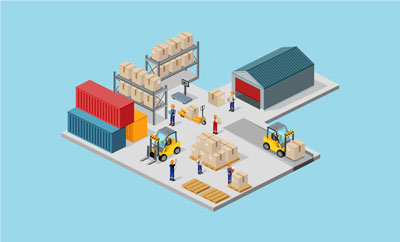Industry Evolution
The manufacturing sector is experiencing a profound transformation driven by technological innovation, macroeconomic volatility, and evolving supply chain dynamics. Companies are diversifying sourcing, reshoring or near-shoring production, and adopting smart factory ecosystems to enhance resilience and reduce risk.
AI-driven automation, digital twins, and connected manufacturing technologies are enabling operational efficiency, real-time decision-making, and reduced waste. Manufacturers are optimizing production, improving forecasting accuracy, and accelerating innovation with minimal downtime.
Labor shortages and evolving workforce expectations are prompting manufacturers to rethink work models. The future-ready workforce balances human expertise with automation, emphasizing upskilling, agility, and collaboration. At the same time, sustainability and energy efficiency are strategic imperatives, with ESG goals embedded into core operations, operations electrification, and compliance with global environmental standards.
Cedar’s Approach
With over 40 years of experience, Cedar partners with manufacturers to develop strategies that drive growth, operational excellence, and digital transformation. Using our proprietary Balanced Scorecard framework, we link strategy to measurable outcomes, ensuring agile execution across global markets.
Cedar’s Expertise
Cedar supports clients in market entry, joint ventures, M&A, and operational optimization. We enable manufacturers to leverage Industry 4.0 technologies, integrate AI, IoT, and digital twins, and implement data-driven planning to enhance productivity and competitiveness.
Enabling Excellence
- Global Sourcing Strategy: Identify Tier 1 & Tier 2 suppliers across the US, Europe, India, and Southeast Asia to build agile, resilient supply chains.
- Strategic Market Entry: Tailor expansion and localization strategies for North America, Asia-Pacific, and Africa, mitigating risk and accelerating ROI.
- Digital & AI Integration: Deploy smart factory solutions and actionable digital roadmaps for efficiency and product innovation.
- Data-Driven Planning: Utilize predictive analytics and advanced resource planning to boost operational performance.
- Energy Efficiency & Cost Optimization: Reduce energy usage, carbon footprint, and costs while improving productivity.
- Talent Strategy: Design workforce strategies that combine automation, upskilling, and retention for a high-performance workforce.



